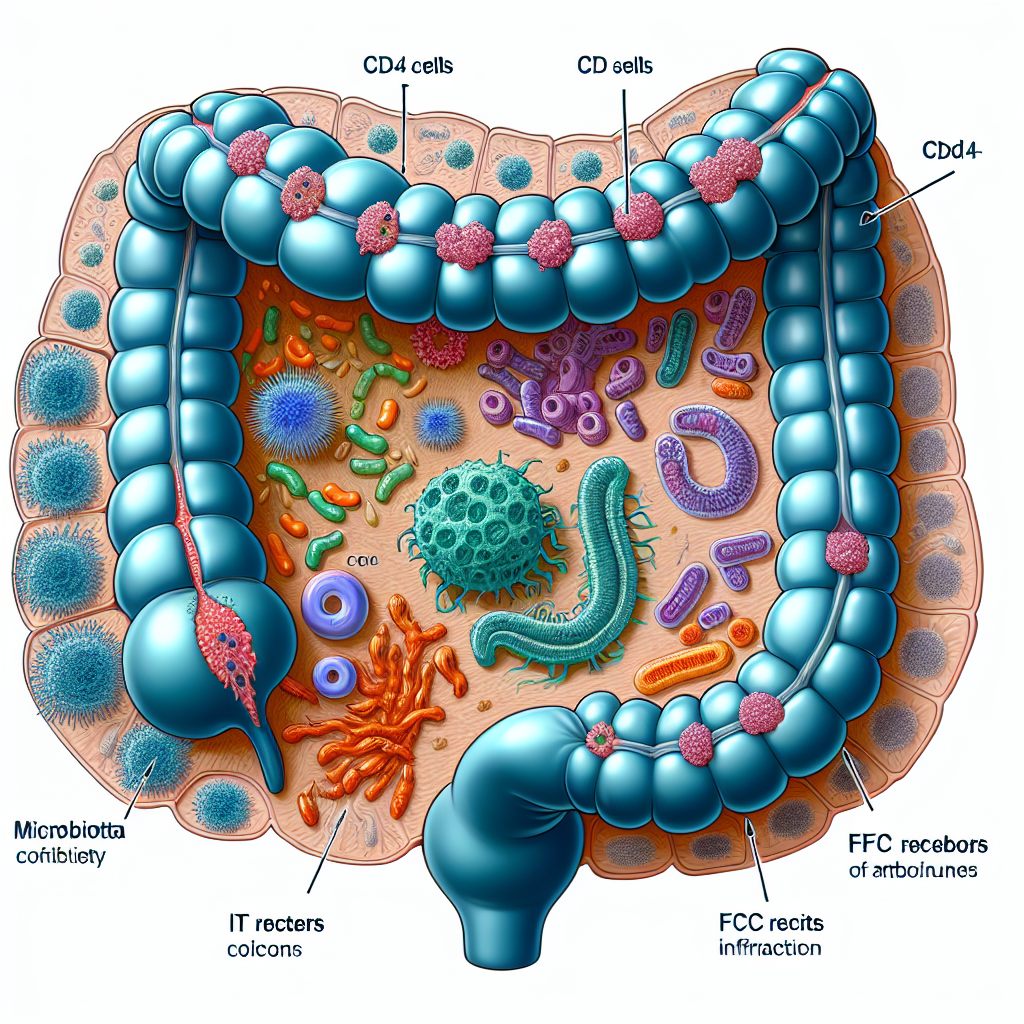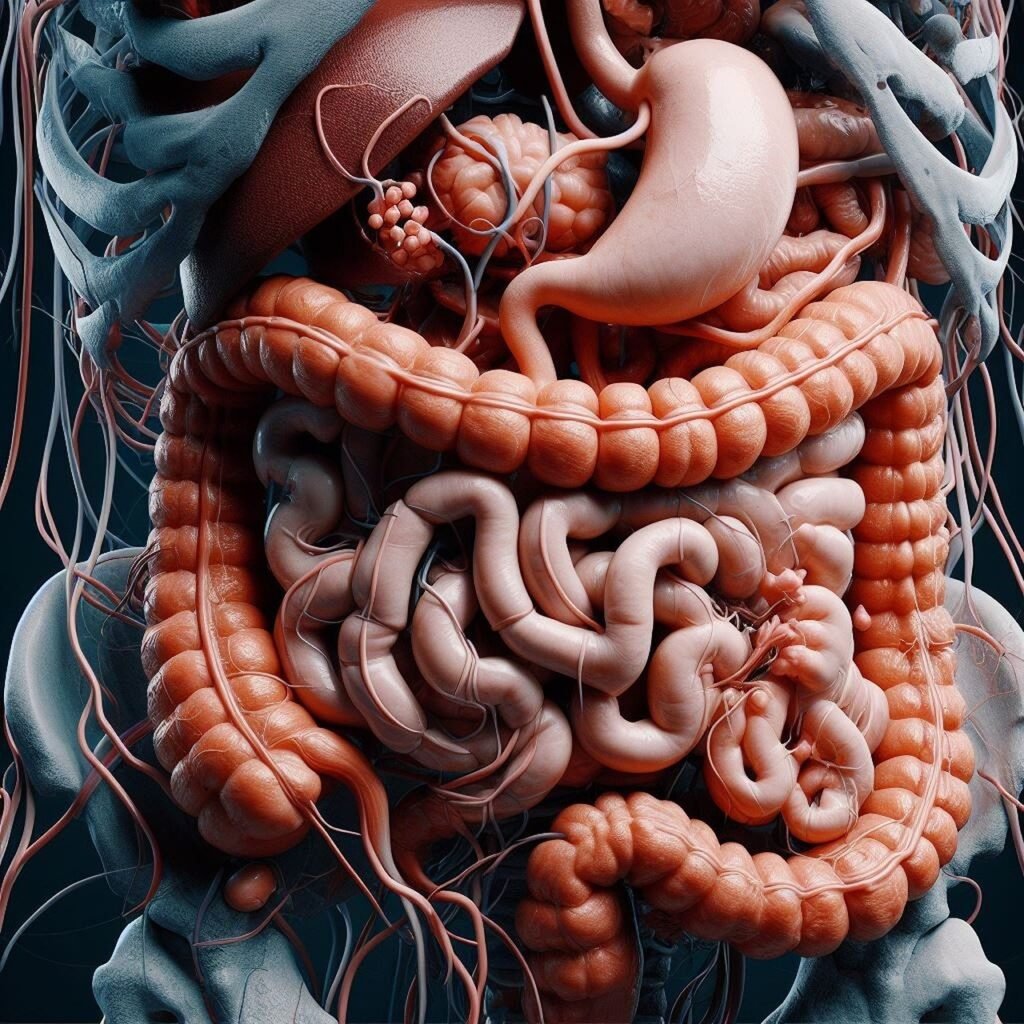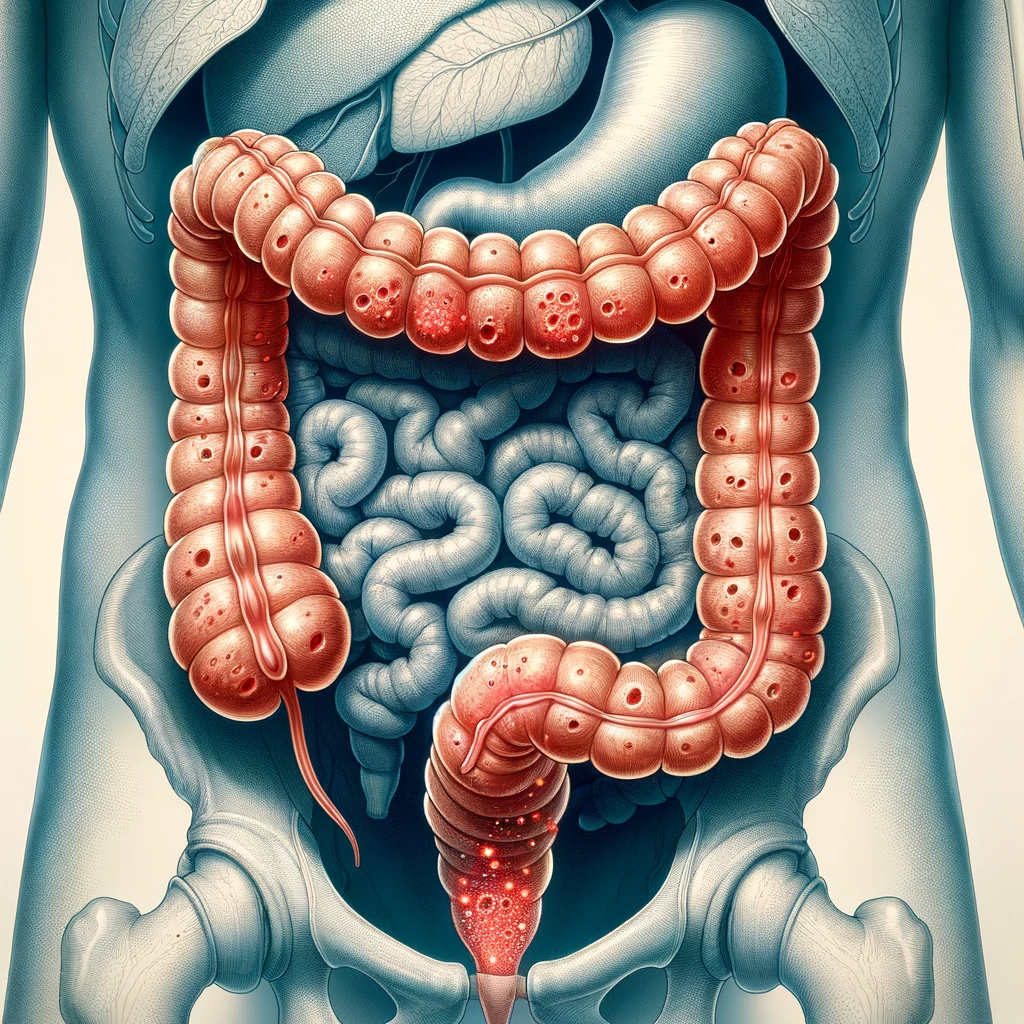Prepare to be amazed as we delve into groundbreaking research uncovering an unexpected twist in the relationship between gut microbiota and colitis. This blog unveils shocking revelations that could reshape our understanding of this gastrointestinal condition and offers crucial insights to prompt immediate action for those affected.
A Closer Look at Microbiota-Reactive T Cells and the Onset of Colitis in Mice following CTLA-4 Blockade
The human gut microbiota is a complex ecosystem consisting of billions of bacteria, viruses, and other microorganisms that help in nutrient metabolism, immunomodulation, and protection against pathogens. Disruption of this gut microbiota can lead to several inflammatory conditions, including colitis. In today’s blog, we will delve into new research that reveals how microbiota-reactive T Cells can induce colitis in mice following CTLA-4 blockade.
Microbiota-Reactive T cells and Their Role in the Gut
T cells are a type of white blood cell that plays a pivotal role in immune response. When confronted with pathogens, these cells react to specific antigens and help destroy the invading organisms. Microbiota-reactive T cells, located in the gut, specifically respond to interactions with the human gut microbiota. Any imbalance in these interactions can lead to an exaggerated immune response, causing diseases like colitis.
In the new research, scientists blocked CTLA-4, an immune checkpoint inhibitor. Blocking this inhibitor is known to enhance the activity of T cells, but it can also lead to overactivation and cause inflammation. The study found that when microbiota-reactive T cells got overactivated due to the CTLA-4 blockade, it resulted in colitis in mice.
Implications for Colitis and Other Inflammatory Diseases
This research has critical implications for understanding, preventing, and treating colitis and other inflammatory diseases. It sheds new light on the role that microbiota-reactive T cells play in colitis and the potential adverse effects of inhibiting immune checkpoints, such as CTLA-4, as part of cancer treatment.
It suggests that maintaining a healthy balance of gut microbiota is crucial not only for digestive health but also for preventing inflammation and autoimmune responses. Future treatments for diseases like colitis might involve restoring this balance in the gut by modifying microbiota content, using prebiotics, probiotics, or even microbiota transplantation.
The Role of CTLA-4 Blockade in Cancer Treatment and its Side Effects
CTLA-4 is an immunological “brake” that prevents the immune system from attacking the body’s own cells. Blockading CTLA-4 releases this brake, enhancing the immune response against cancer cells. However, this immune enhancement can sometimes falsely target the body’s own cells, leading to an autoimmune response.
While CTLA-4 blockade can be effective for treating cancers, the research suggests that it can also lead to inflammation and trigger conditions like colitis, especially when combined with unhealthy gut microbiota.
Conclusion
Given that the microbial community in our gut has such a critical role in our overall health, this research underscores the importance of maintaining a balanced gut microbiota. The study’s findings on microbiota-reactive T cells potentially triggering colitis following CTLA-4 blockade shine a light on the complex interactions between our immune system and gut microbiota.
In the strive to cure devastating diseases like cancer, it’s vital to consider the impacts of treatments like immune checkpoint inhibitors on our gut health. This could pave the way for more comprehensive and individualized therapeutic strategies for not only cancer but also inflammatory and autoimmune diseases. Researchers are optimistic that further advancing our understanding in this area could potentially help in developing treatments that minimize side effects and enhance patients’ quality of life.
Tune in next time as we continue to explore the fascinating world of health and wellness. Stay healthy, stay informed!
Original article: https://www.science.org/doi/10.1126/science.adh8342


